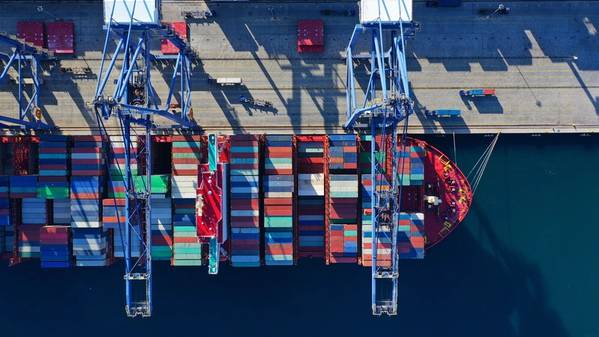New OTI Rules Now in Effect
December 20, 2019

© aerial-drone / Adobe Stock
Non-vessel-operating common carriers (NVOCC) will now need their required bond, insurance or other form of surety and their Form FMC-1 (published tariff location) on file before the US Federal Maritime Commission (FMC) will issue their NVOCC license.
This new requirement is one of several changes to Commission regulations governing ocean transport intermediaries (OTI) contained in a Final Rule, “Licensing, Registration, Financial Responsibility Requirements, and General Duties for Ocean Transportation Intermediaries” (Docket No. 18-11), becoming effective December 16, 2019.
Other key changes to FMC regulations of interest to forwarders and NVOCCs are:
- Applicants employing officers, managers, or members from an OTI whose license was revoked or denied within the previous three years are subject to direct Commission review.
- Applicants previously determined to be unqualified to provide OTI services are also subject to direct Commission review.
- Clarification on eligibility to be a Qualified Individual when partnerships are involved.
- The initial renewal of an OTI license can take place no sooner than one-year and no later than four-years from issuance. All subsequent renewals will take place on regular three-year intervals.
- All application forms (FMC-18) are now filed electronically.





